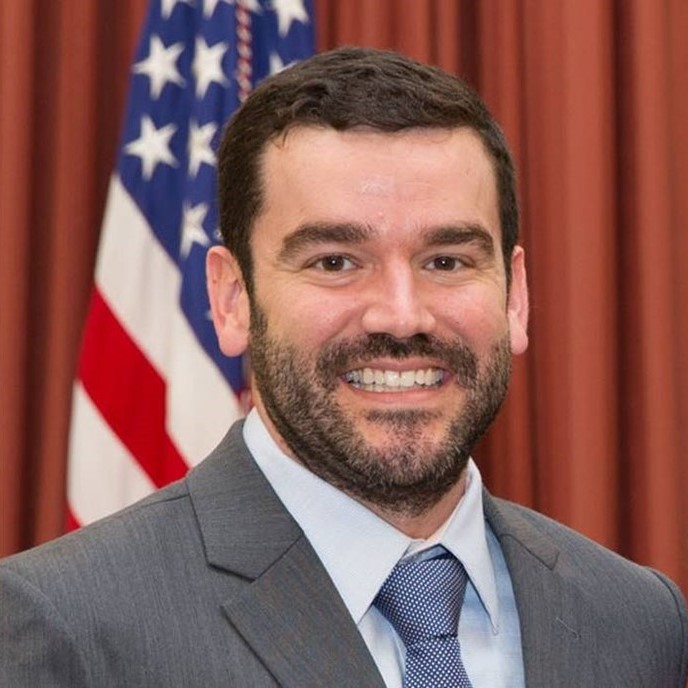Date:
Time:
Info:
Location:
Since 2019, a number of crises have disrupted global supply chains. The multiple crises of Covid-19, energy, cost of living, and war in Ukraine have continued to disrupt and exacerbate existing problems in global supply chains and triggered a global food crisis. As such, they have revealed a lack of resilience in freight transport networks: transit times have increased, schedule reliability has slipped, shipping costs have more than quadrupled, the worsening climate crisis has caused route disruption in some of the world’s key transport supply chain routes and key transport nodes have become congested. Manufacturers suffer from delays in delivery of commodities and intermediate goods, such as car parts and electronic components, through agriculture exporters and other shippers face difficulties in securing cargo space on vessels. Whereas larger businesses have slightly more resilience to these crises, small and medium-sized enterprises are particularly vulnerable to a lack of sufficient access to freight transport options and require extra support. The rising cost of living and inflationary pressures has made it difficult to predict the supply of goods to consumers. Inflationary pressures have caused labour strikes in a number of countries, which has led to supply build-up in freight hubs around Europe.
As the vulnerability of supply chains is exposed, risk diversification by companies is becoming more important, for example, by diversifying supply chains and fostering competition; this could help reduce the vulnerability to external shocks. Countries should consider detailed national strategies, including in supply chain crisis readiness, to help deal with such unexpected crises. Multimodal transport nodes and smaller logistics hubs increase supply chain resilience as well as network connectivity. In the ports industry, certain regions could stimulate more direct connectivity through smaller ships and strengthen the capacities of smaller ports. Innovation, such as digitalisation of logistics could facilitate more resilience.
Global patterns of extreme weather have also disrupted supply chains. For example, drought conditions mean that ships can only carry a fraction of their usual freight through key waterways around the world. Future supply chains will need to be more sustainable. Many freight transport sectors benefit from government support measures, but do not invest appropriate amounts of finance into ensuring a more sustainable freight supply chain. Governments will need to quickly develop adaptation policies for supply chain routes in order to combat the disruption caused by climate change.
Disruption in supply chains is quickly becoming an enduring feature for countries to take into account when developing policies. Given the multiple crises affecting the supply chain sector, governments and industries will need to work together in order to combat what could become permanent disruption of supply chains in the near future.
Specific topics for discussion are as follows:
- Given the numerous global crises, how can governments develop policies which foster competition and transparency and help transport companies ensure they have enough risk diversification in their supply chains? How can innovation and digitalisation improve the efficiency and resilience of supply chains?
- How can governments and industries work together to establish resilient and sustainable logistics networks on a local, regional and global scale? How can governments and industries better monitor workforce needs and plan for future workforce changes?
- Given the increasing number of extreme weather events, what policies can governments develop to help with the climate adaptation issues facing organisations in the supply chain industry?

















